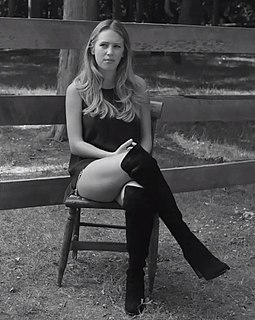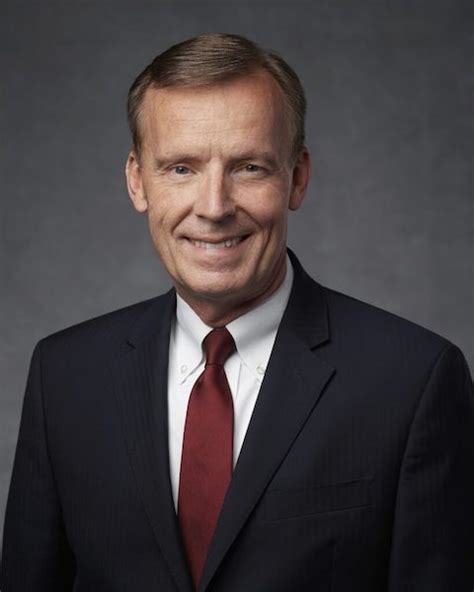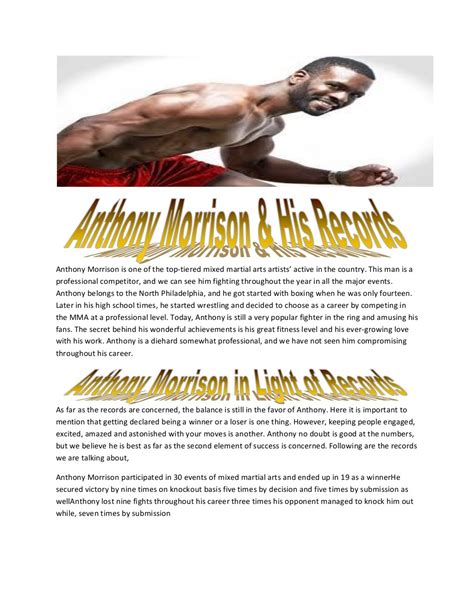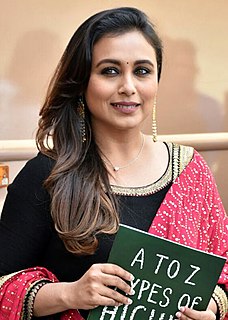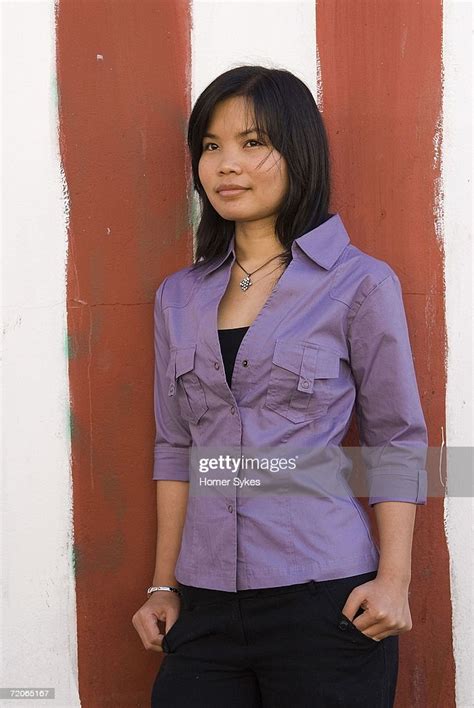A Quote by Sheldon B. Kopp
We all live in a tragicomic situation, a life that is in part absurd simply because it is not of our own making. We are born into a disordered world, into a family we did not choose, into circumstances we would have had somewhat improved, and we are even called by a name we did not select. (40)
Related Quotes
All men and women are born, live, suffer and die; what distinguishes us one from another is our dreams, whether they be dreams about worldly or unworldly things, and what we do to make them come about... We do not choose to be born. We do not choose our parents. We do not choose our historical epoch, the country of our birth, or the immediate circumstances of our upbringing. We do not, most of us, choose to die; nor do we choose the time and conditions of our death. But within this realm of choicelessness, we do choose how we live.
It is absurd to think that anything in us could have the least influence upon our election. Some say that God did foresee that such persons would believe, and therefore did choose them; so they would make the business of salvation to depend upon something in us. Whereas God does not choose us FOR faith, but TO faith. "He hath chosen us, that we should be holy" (Eph. 1:4), not because we would be holy, but that we might be holy. We are elected to boldness, not for it.
It doesn't really even bother me about popularity. I live a spiritual life. I don't live a carnal life. If I was seeking to be big, I would do anything. I would go out there and do something crazy, be flashy, be a showboat, but that's not within my persona. If I did something like that, I would be a hypocrite because that's not part of who I am.
World fertility surveys indicate that anywhere from one third to one half of the babies born in the Third World would not be if their mothers had access to cheap, reliable family planning, had enough personal empowerment to stand up to their husbands and relatives, and could choose their own family size.
Though I technically come from a film family, my father had stopped making films even before my brother and I were born. So I did not really grow up in a filmi environment. And when I was growing up, becoming an actress was still quite a taboo. And you may not believe this, but even my father did not want me to join films.
My grandfather was dying, and told the family he had decided to die. ... At that moment I wanted so badly to write and tell him that he was never going to die, that somehow he would always be present in my life, because he had a theory that death didn't exist, only forgetfulness did. He believed that if you can keep people in your memory, they will live forever. That's what he did with my grandmother.
My father was only born something like 30 years after the Civil War ended, 35 or 40. He was born closer to that than the era in which he died. He was born in 1891, no television, no phones, barely any electricity. He wrote a book to all of us that was really just a compilation of the letters that he had written over the years to my grandmother when they were courting, in the horse and buggy era. Everybody said, "When did you have time to do this?" Relating their own lives to his. He said, "What do you mean, when did I have time? This is all we did." There was no TV, none of that.
When I was in college, I was an English major, but I was part of this great group at Stanford called the Company. We didn't know any better, so we did it all; we did King Lear, we did Hamlet, new plays ... And we did it all in a covered wagon that we took around the Bay Area. We all put our makeup on in one cracked mirror. It was the most fun I've ever had.
When people say, 'How did you start in comedy,' I say my family was kidnapped by ninjas when I was very young, and to get them released I had to do a killer five-minute set. And even after I did that, you know, I started doing comedy under tough circumstances, I still kept at it because I enjoyed it.
An American leader would be derelict of duty if he did not seek to understand all his options in such unprecedented circumstances. Presidents Lincoln during the Civil War and Roosevelt in the lead-up to World War II sought legal advice about the outer bounds of their power - even if they did not always use it. Our leaders should ask legal questions first, before setting policy or making decisions in a fog of uncertainty.
In Burma, we are being told by so-called experts and some governments that we must be patient and that there can be incremental change through Parliament. The UN did this, and failed spectacularly, and while they did, the human rights situation got worse. The dictatorship ignored the UN and international community, making not a single concession. Now we are being told again these Parliaments are new, we should engage with them and if improved they can bring positive change. I don't place any hope in that.




